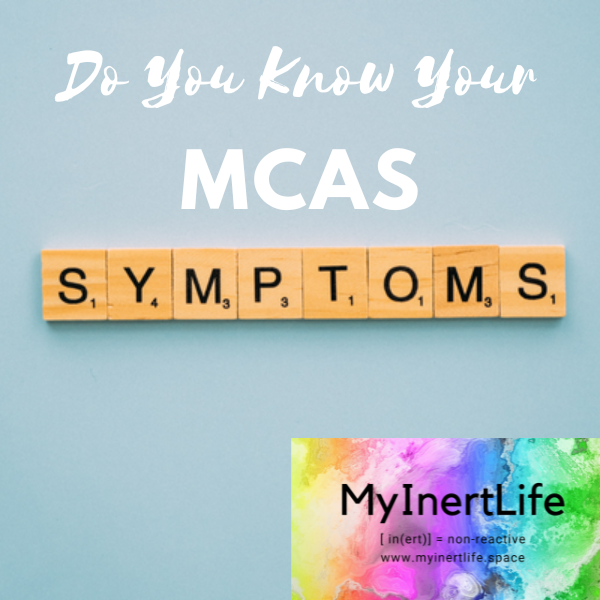Knowing your symptom progression can save a lot of time and energy when you aren’t feeling well. This post outlines the benefits of knowing your symptom progression in a Mast Cell Activation Syndrome (MCAS) Flare.
What is Your MCAS Rescue Plan?
Having an MCAS rescue plan in place is key to managing symptoms. Mast Cell Activation symptom flares can occur from environmental exposures, eating triggering foods, having an emotional upset, a physical injury, work stress, or any combination of stressors that add up to overwhelm your system. Mast cells are involved in immune responses too, so if you get sick your mast cells will send messages to your brain through your nervous system that your body is under attack. You can react to hormonal changes like your monthly period, perimenopause, thyroid issues, and endocrine disruptions stemming from toxic exposures. You can even have a more pronounced mast cell reaction simply to mast cell activity in your body.
Symptom Logging to Determine MCAS Food and Environmental Triggers
This post is a primer on symptom logging. If you have Mast Cell Activation Syndrome (MCAS) you will likely have a list of foods that you can’t tolerate. You may have a puzzling history of reacting to certain foods in certain circumstances. But you may not have a clear idea of why. By logging your symptoms, and ideally introducing one new food or environmental trigger at a time, you can narrow down the cause of symptom flares.


